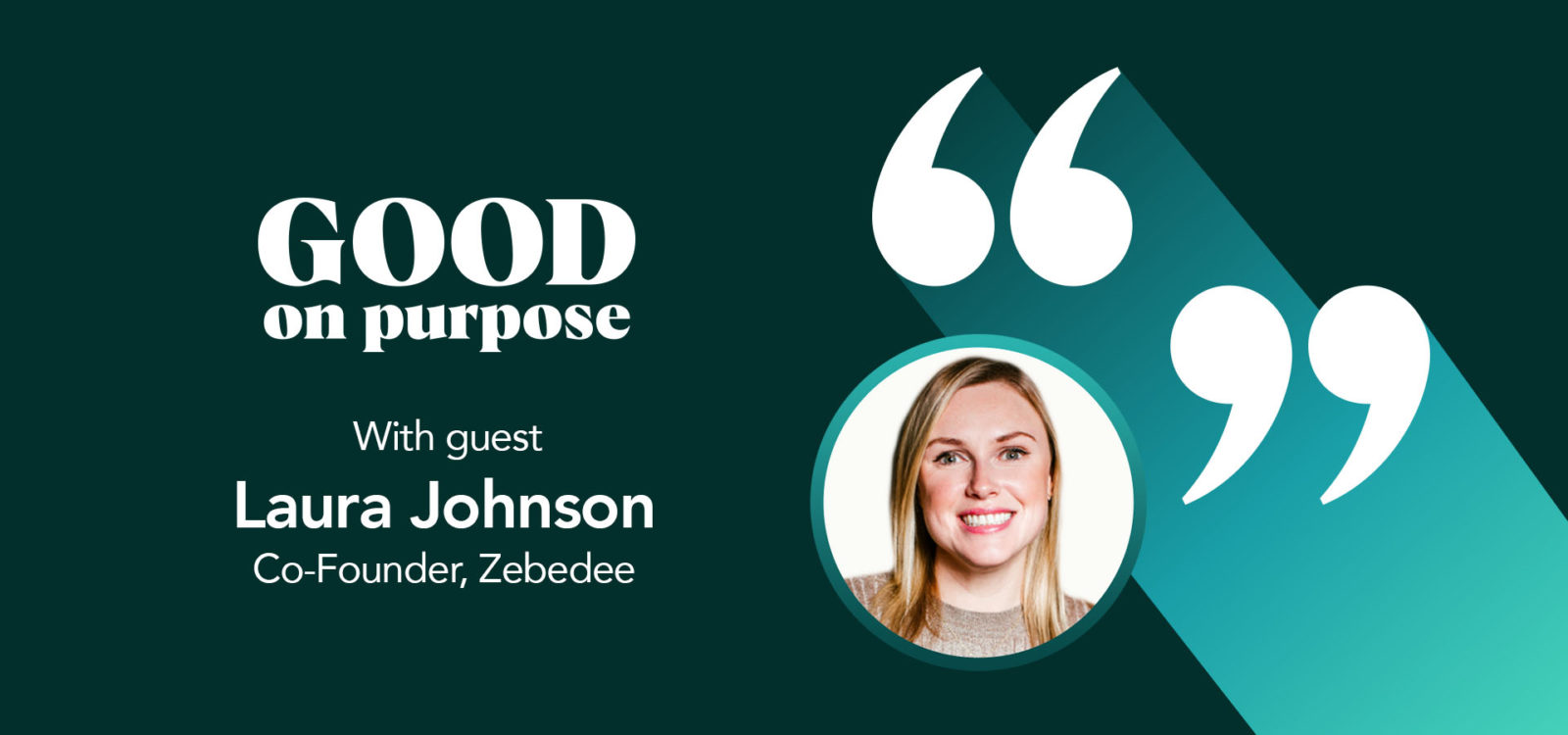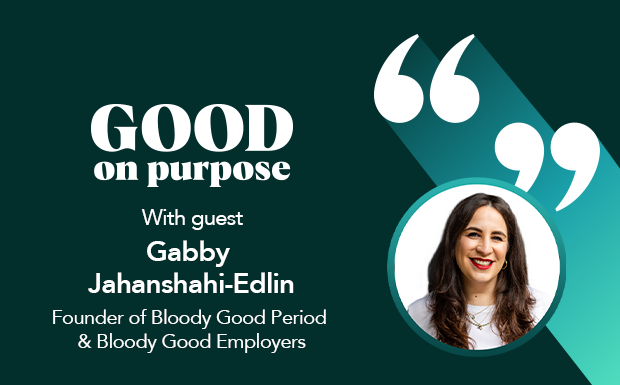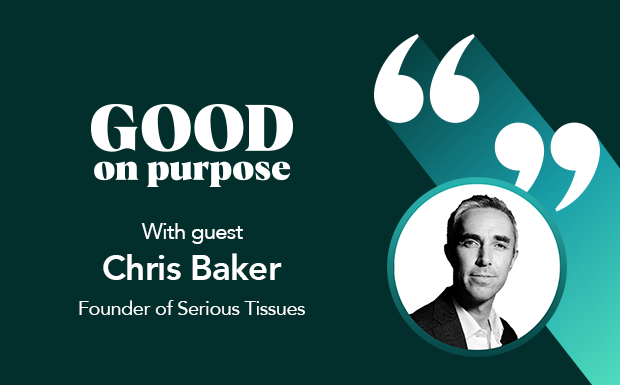
Laura Johnson on: Representation of disability & difference in the media
Laura is the director of Zebedee Talent Management; a specialist talent agency created to increase the representation of people with disabilities, alternative appearances and those from the trans and nonbinary community. Set up in 2017, Zebedee now looks after over 500 models and actors across Europe and USA, working with high-profile brands and changing the conversation around inclusivity.
Changing the lack of representation of disabled people in fashion and media
We initially launched in 2017. I launched with my sister-in-law, Zoe. To give a bit of background, we both had worked with vulnerable and disabled people. Historically, I’m a social worker, and Zoe is a performing arts teacher. We were just having a chat one day about the lack of representation in fashion and media of disabled people, and the lack of opportunity for the people we worked with. It was just so few and far between to see anybody with a disability anywhere in the media. We decided we would set up an agency and try and change that.
We just wanted to make a change. We just wanted to see more people with disabilities gracing our screens, in fashion magazines, and in advertisements, which seems to be working.
Disability has been left out of the representation debate
I can’t see why people wouldn’t be inclusive of a whole section of society. We all know that diversity is important. Marketers, advertisers, and creatives know that they need to be diverse in their advertising, they need to be inclusive. But for such a long time, disability has been left out of that debate. Not just in creative industries, I would go as far as to say even with people working as EDI managers. Disability gets left to the bottom of discussions. 20% of people in the UK have a disability. It really is something that affects us all. But something that is not talked about enough or not visible enough, in my opinion.
The need for brands to take the first step
I think brands are afraid of being called out as being tokenistic. So instead, they just block diversity. They exclude it entirely. They’re afraid of being tokenistic, so instead, they won’t do it all. I just feel like tokenism is always the first step. It will always look tokenistic the first time you do it because you’ve never done it before, for whatever reason. But the only reason you can be called out for being tokenistic is if you don’t do it again. And you don’t integrate it into your policies, and you don’t continue to think about true inclusion when you’re writing and developing ideas and thinking about ideas and then getting them to the boardrooms and getting them signed off. It has got to continue to run through everything you do.


